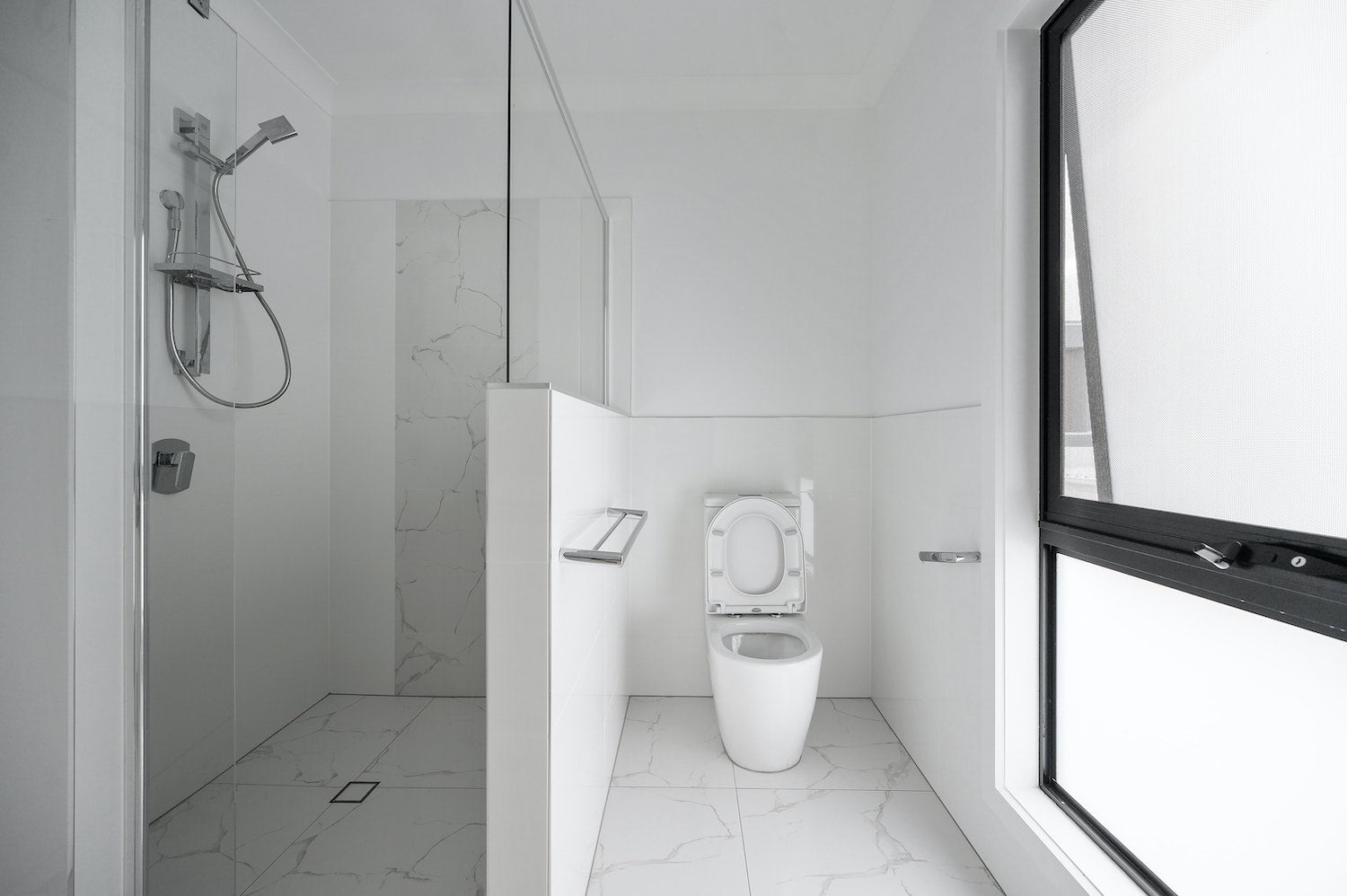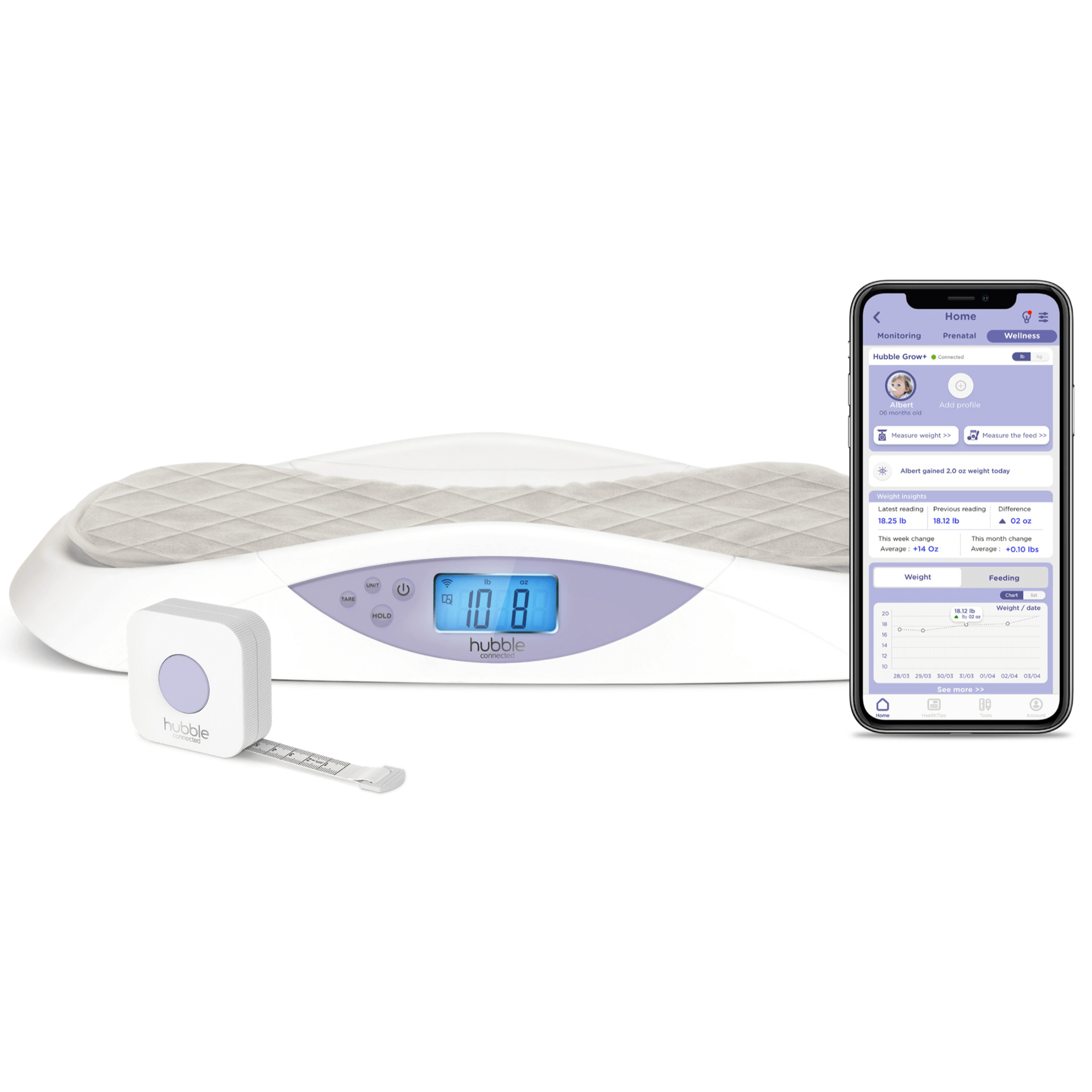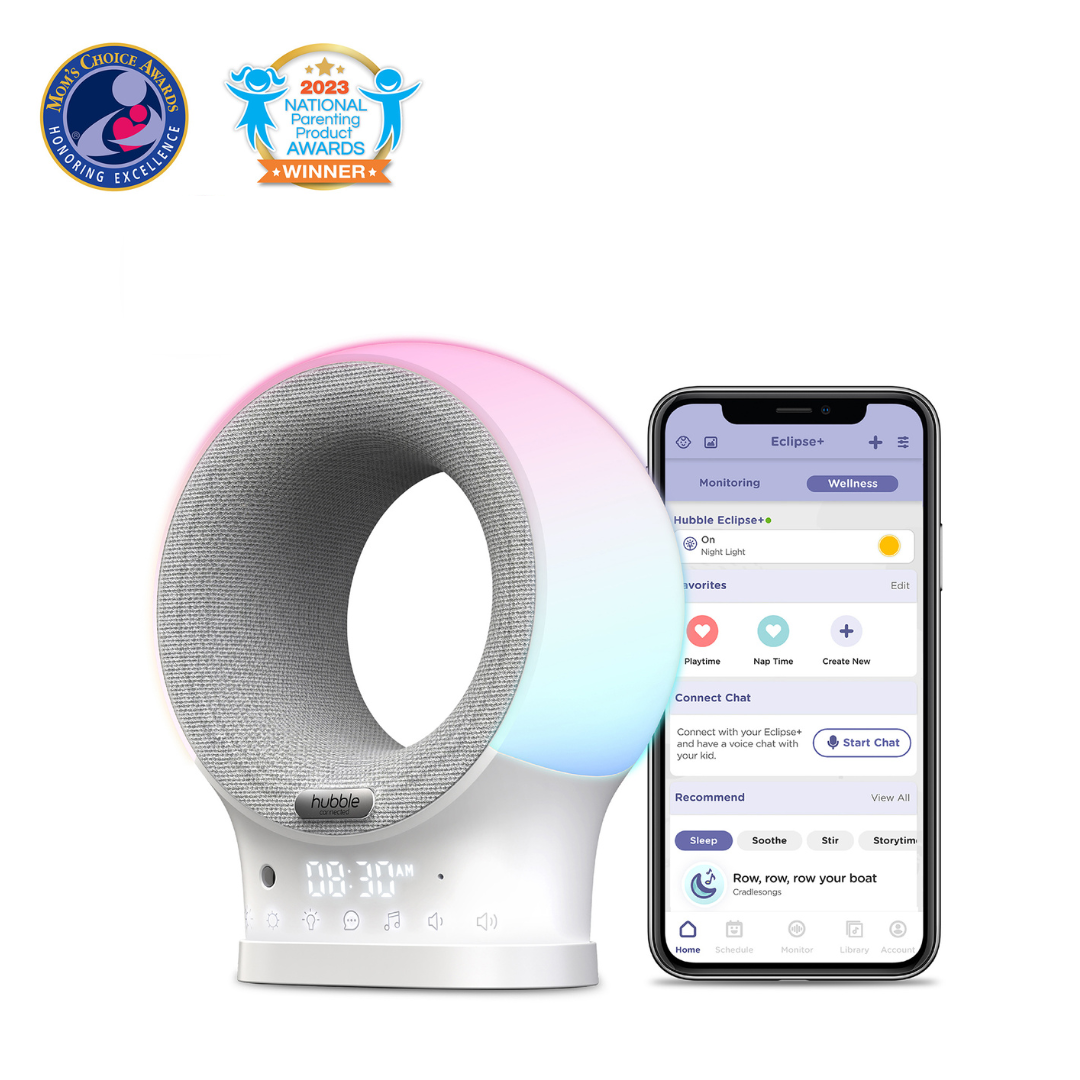Motherhood is one of the most amazing experiences of life. However, there are certain aspects of being a mother that most moms-to-be don’t exactly look forward to. One such phase is cleaning their baby’s poop.
There are certain bodily functions of a newborn that mothers need to take care of to maintain the baby’s health.
Keeping an eye on your baby’s poop is an important indicator of good health and can reveal quite a bit about the baby’s metabolism and appetite.
Questions that Come to the Mind of a New Mother Regarding the Baby’s Stool
- How many times should my newborn poop?
- When should I get worried about my baby’s poop?
- Do I wake up a sleeping baby if they pooped?
- Is my baby’s poop of normal color?
You will find the answers to all these questions in this article. A newborn’s poop has to be checked regularly, as it can give you an idea of the baby’s health and let you know if your baby is getting enough milk.
Poop is Different in Breastfeeding Babies and Formula Fed Babies. Here’s How.
Breastfed newborns:
- They have many bowel movements every day.
- The baby will clear out the meconium from its system (the newborn’s first stool) within the first 24 to 48 hours after delivery. It will have a characteristic tar-colored tinge.
- In the first 6 weeks, babies will have liquid yellow poop. You can be assured of almost 3 poop sessions every day and up to 4 to 12 in some babies. Next, the baby might pass stool every alternate day.
- Breastfed babies usually don’t have smelly stools.
- After starting solids, the baby might poop more often and in a greater amount.
Formula-fed newborns:
- Formula-fed newborns will poop out the meconium by the first 24 to 48 hours after the delivery. The poop will be green-yellow by the 4th day.
- In the first 6 weeks, there will be light brownish or green poop. You can be sure of at least 1 to 4 bowel movements every day.
- After feeding solids, the baby will poop 1-2 times per day.
The changes in the stool of the newborn as it grows are:
- When the baby goes from breast milk to store-bought formula milk or when you change the formula, their stool amount, texture, and color change.
- As the baby begins to eat solid and mashed food, you might notice some tiny bits of food in the poop.
- Remember to talk to your baby’s pediatrician if you are concerned about the changes in your baby’s stool or if the baby is not pooping at all.
When Do You Call the Doctor?
If you notice these changes in poop on the diaper:
- Red or blood-lined poop.
- Blackish stool after the baby has already cleared out the meconium after day 4.
- Whitish or grey-colored stool.
- Stool that contains quite a lot of mucus and water.
Taking Help for Breastfeeding Newborns
If a breastfed baby does not poop, it may mean that your newborn is not eating enough. In that case, you should seek help from your newborn’s doctor or a lactation advisor.
Conclusion
Poop might be ugly and icky. But for a new mother, your newborn’s poop is one of the most important windows to your baby’s health in the first few days of his/her life. With time and practice, you’ll be able to view the process as naturally as it’s meant to be. You can do this, new mommy!













Share: